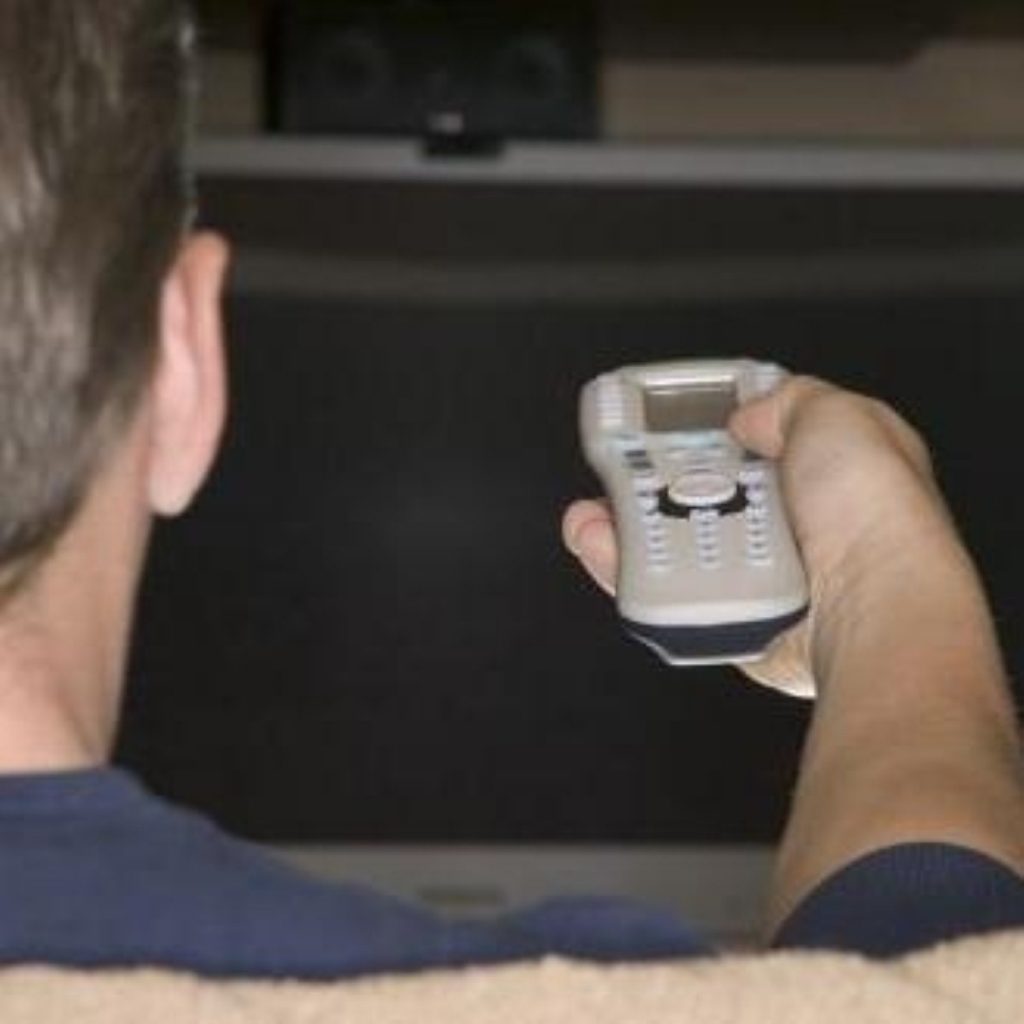Lock ’em up and throw away the remote? Grayling toughens up life behind bars
Life in prison is to become slightly more uncomfortable for male inmates, in a move dismissed by reformers but welcomed on the doorstep two days away from this year's local elections.
Justice secretary Chris Grayling's move to toughen up the incentives and privileges (IEP) scheme across England and Wales in the next six months is being seen as a bid to counter the popular perception that prison can often be preferable to life on the outside.
All new prisoners will have to wear a prison uniform for their first fortnight behind bars. They will then face longer working hours and have lost their automatic access to gym equipment and television, including all 18-rated movies.
"It is not right that some prisoners appear to be spending hours languishing in their cells and watching daytime television while the rest of the country goes out to work," Grayling said.


"This cannot continue. Prisoners need to earn privileges, not simply through the avoidance of bad behaviour but also by working, taking part in education or accepting the opportunities to rehabilitate themselves."
Under the IEP scheme prisoners will be able to improve the perks they receive by behaving well, progressing from 'entry' level to 'basic' and then 'standard'.
Opponents of the scheme suggested it would do little to change reconviction rates, however.
"Today's announcement sees ministers pottering among the flowerbeds while ignoring the burning building before them," the Howard League for Penal Reform's chief executive Frances Crook said.
"The fact that the prison population has doubled in the past 20 years has left prisons overcrowded and staff overstretched, with little choice but to lock people up in their cells all day with nothing to do."
That view was echoed by Labour, which said there had been "little sign" of the coalition's "much-hyped rehabilitation revolution".
Shadow justice secretary Sadiq Khan commented: "Instead, with cuts in prison officers and increased overcrowding under this government, prisoners are spending too much time in cells and not enough on purposeful activity such as work, education and training."

